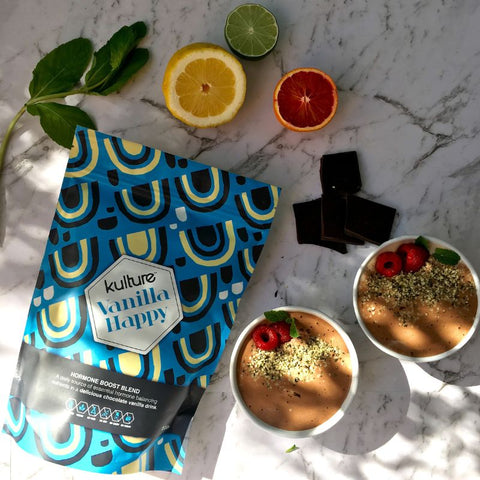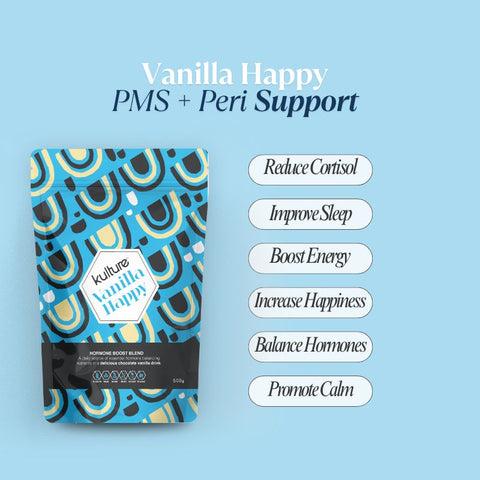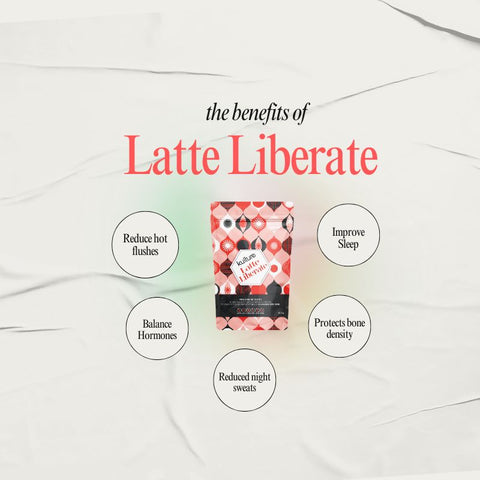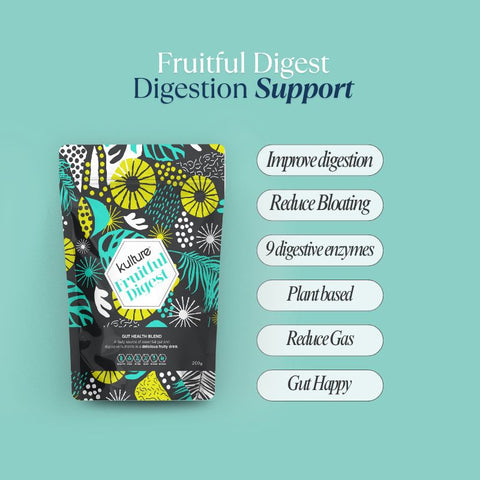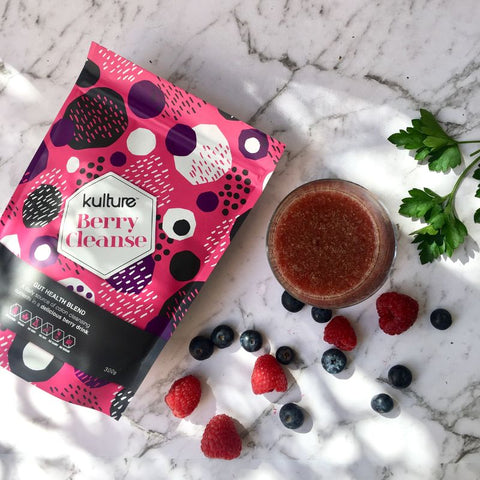Sleep is the body’s way of recharging, regenerating, and repairing. Our body and its cells get to rest and heal from the days activities. A night of restful sleep can help prevent a host of wellness issues like weight gain, susceptibility to illness, heart disease, and impaired mood and mental functions.
When it comes to sleep (or lack thereof), our default mode is to think that sleep is affected by diet, the amount of sunlight we get, or even how tired we are at the end of the day. We don’t usually think about hormones when we think about sleep. But just as sleep helps us repair our body, it also helps us replenish our hormones to improve our hormonal health.
Restore hormonal balance
Hormones are chemical messengers that facilitate bodily functions like growth, reproduction, stress response, metabolism, energy regulation, and development. Sleep is another bodily function supported by hormones. A night of restful sleep can help restore hormonal balance. Conversely, balanced hormones can promote a good night’s sleep. It follows that an imbalance in our hormones can adversely affect our quality of sleep.
How does an imbalance in these hormones affect sleep?
Adrenalin
This hormone, released by the adrenal glands, stimulates our ‘fight or flight’ response. This makes us feel more awake and alert. You can see how that doesn't help with making it easier to get some sleep.
Cortisol and Melatonin
Cortisol has a direct effect on sleep quality. It is known as the ‘stress hormone’, so you can imagine how it might bring about the lack of sleep. Cortisol plays an integral part in the circadian rhythm - your internal body clock that regulates your sleep cycle. Cortisol spikes in the morning, to keep you awake and gradually tapers off to prepare you for winding down at the end of the day. As cortisol decreases, melatonin, the ‘sleep hormone’, increases. The reverse is true. An imbalance in these two hormones can cause a disruption in your circadian rhythm and kick your sleep cycle off kilter.
Estrogen and Progesterone
At different points in a woman’s life, she will experience spikes and dips in her sex hormones. These are usually more pronounced during menstruation and menopause. Progesterone is a natural anti anxiety hormone which proves beneficial for helping women get some restful sleep. A huge dip in estrogen level is a mark of menopause which usually brings about symptoms such as hot flushes, mood swings, and body pains which all affect the quality of sleep a woman can get.
Testosterone
Just like women, men also experience spikes and dips in their sex hormones at different points in their lives. Testosterone declines over the years as it plays an integral part in the sleep cycle particularly the REM phase. Testosterone is said to be at its highest levels during the REM phase. Consequently, a dip in testosterone is closely linked to insomnia. So the cycle goes, if your don’t get good REM sleep, your testosterone dips. And if your testosterone dips, your sleep quality dips, too.
Basically, lack of sleep causes hormonal imbalance, and hormonal imbalance reduces the quality of sleep. It’s a vicious cycle, bad to get into, and hard to break.




